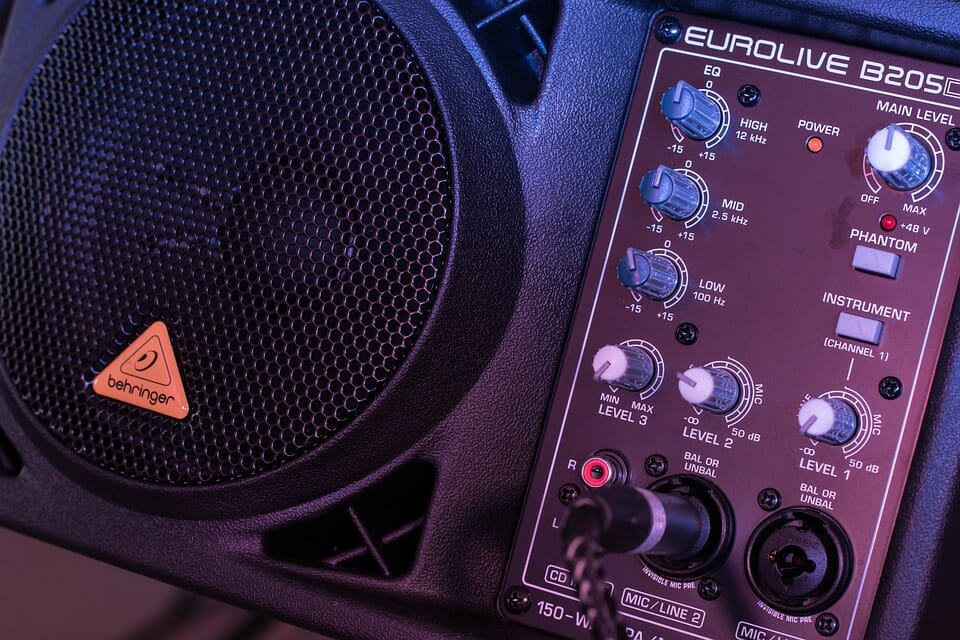How Loud Should DJ Speakers Go?
The music volume plays a major role in preserving a fun mood at events. The DJs supply the crowd with sound, but they should also be able to maintain their enthusiasm. Although the music volume may depend on personal preference and type of event, there are also many other factors worth considering. Some people don’t support loud music and tend to be more irritated and tired after listening to it longer. When increasing the volumes on speaker’s equalizer, you should be aware of the effects it can produce. High frequencies can also be dangerous for some persons, and even trigger hear loss at very high levels. A DJ should always be aware of the volume in front of the crowd and assure that they are enjoying the sound. So, what are some important criteria worth considering?
1. Venue Size
Before any event, the DJ should calculate the amount of potentially present people and the size of the room to choose a suitable speaker size. You will find that speakers are usually measured in inches and that in average smaller systems they have about 10 and 12 inches. Even a 10-inch speaker could launch a consistent blow of sound, but it still could not be enough to handle serious dancing music for a big crowd. Therefore, for bigger audiences, you may want to consider speakers measuring either 13 or 16-inches. The 16-inch is the most common size for bigger audience and music with consistent bass.
2. Indoor or outdoor use
There is a big difference between the indoor and outdoor sound equipment. Almost half of performances are held outdoors, which requires some accurate setup to make the sound pleasant and consistent enough. In a room, the sound is reflected by the walls, which also create an echo effect. Outdoors, the effect is different and, therefore, more volume is required to maintain the sound clarity. It is also important to take care that the sound won’t get too loud and become irritating. Therefore, the DJ should set up the system suitable for the specific location.
3. Sound cleanliness
The wattage in sound refers to the output energy. The output sound energy doesn’t mean the volume, but rather the cleanliness of the sound. Each time you double the wattage you increase the output with 3 decibels. When you get 100W of sound, they will mostly be similar to maximum volume turned to 75% in a 200W system. One major difference between those two will be that the 200W will sound much clearer and you would be able to hear a wider and cleaner spectrum of sounds than those outputted by 100W. Besides the cleanliness, the wattage is also referred to how far is the sound outputted. So, the wattage is not just the volume, but also the clarity and output range of speakers.
DJs should always be aware of the sound they are producing and be sure that it’s not too loud or too quiet. The sound should be lowered during dining and talks and increased when the crowd wants to dance. By turning up the volume, you also ensure that the sound will get further. However, it’s important not to exaggerate, as people in front of the speakers could complain. It is possible to create a perfect ambiance for everybody, without holding back much. The DJ should be able to adjust the needed sound corresponding to the location, type of event and overall atmosphere.
These features should help you pick the right size and wattage for your speakers. This way, the party or even you’ll be mixing at is bound to be a roaring success!
